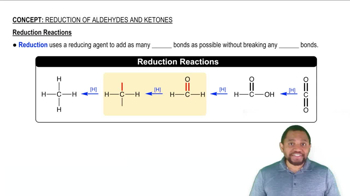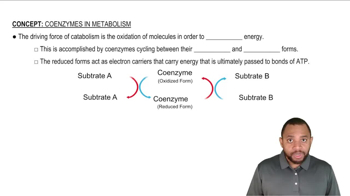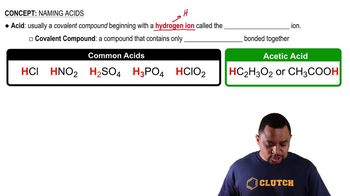In alcoholic fermentation, each mole of pyruvate is converted to one mole of carbon dioxide and one mole of ethanol. In the process, about 50 kcal/mol (209 kJ/mol) of energy is produced. Under the most favorable conditions, more than one-half of this energy is stored as ATP.
a. What happens to the remaining energy produced in alcoholic fermentation?






